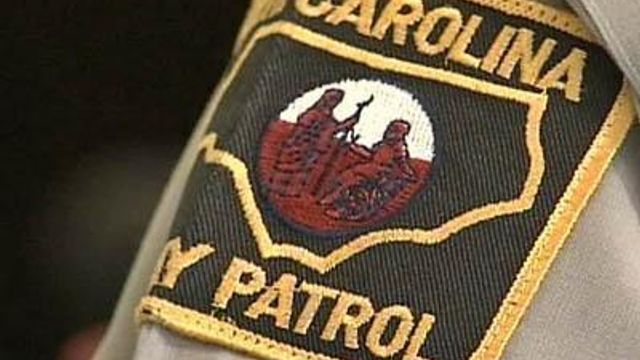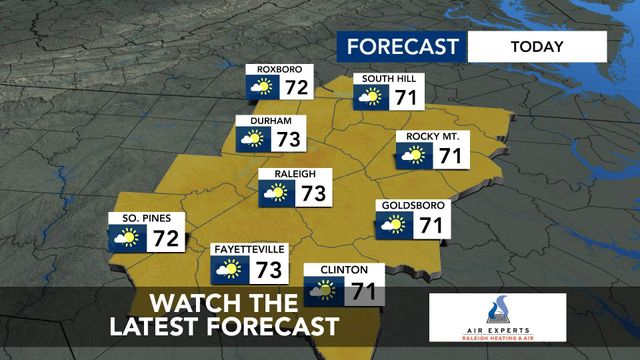State dissolves Highway Patrol K-9 unit
State officials announced Monday that they have dissolved the Highway Patrol's 18-year-old K-9 program and plan to rebuild the unit with new policies and new officers.
The move comes three months after the Highway Patrol fired Trooper Charles Jones for video of him kicking his K-9 partner, Ricoh, during training. The Highway Patrol gave Ricoh early retirement and has fought Jones' efforts to get his job back.
But during an administrative hearing, it became clear that Jones' actions were largely consistent with the force's training methods, prompting Bryan Beatty, secretary of Crime Control and Public Safety, to suspend the program.
"There was no oversight. We did not know some of the things that were taking place until the hearing," Capt. Everett Clendenin, a spokesman for the Highway Patrol, said.
Beatty ordered a review of the patrol's policies, procedures and protocols for the K-9 unit to identify areas that needed improvement and study other states' K-9 units. At the end of the review, Beatty decided it would be best to start over from scratch.
"We're completely disbanding the K-9 unit as it exists or used to exist," Clendenin said.
When it is launched – by spring 2009, officials expect – the revamped K-9 unit will have all new faces, both human and canine.
Sgt. Charles Joyner will be the unit's supervisor, and less-aggressive Labrador retrievers will replace the high-strung Belgian Mallinois. The old K-9 troopers will be moved to new assignments, and new ones hired.
"Those K-9 handlers are going to be placed back in the field," Clendenin said. "Then we’re going to have an application process for other troopers who have never been trained by the Highway Patrol in aggressive K-9s.”
The K-9s will stay with their handlers until the force can place them with other agencies.
Labrador retrievers' strength – a nonagressive personality and talent for sniffing out drugs – will be keys to new K-9 unit's focus. The dogs will not be trained to attack but heavily tutored in narcotics detection.
The patrol plans to buy six Labradors at the cost of between $3,000 and $6,000 each. Money from drug seizures and other property forfeitures will fund the purchases.
The force's new training policy will specifically prohibit mistreatment of dogs.
Joyner has successfully completed the U.S. Customs and Border Protection Instructor K-9 Training Class and will lead an effort to certify the new handlers according to the border services' training curriculum.
Experts praised the patrol's decision to dissolve and restructure their K-9 unit.
"There's lots of ways to have a successful training program," said Tracy Bowling, who has trained K-9s for the Wake County Sheriff's Office for 40 years.
Bowling said the videos of Jones' treatment of Ricoh shocked him and raised "lots of questions as to why it was occurring and what the circumstances were."
Clendenin said the Highway Patrol was making tough but necessary changes after the exposure of animal abuse in the K-9 program.
"It did happen," he said. "It's sad that it happened, but it gave us an opportunity to review where we were and to look at where we should be, by measuring what we were doing against other states and other federal agencies.
"And we saw that we had some catching up to, quite frankly."
Other patrol officials expressed optimism that their new K-9 unit go a long ways to closing that gap.
“I’m confident that once these changes are implemented, we will have one of the best canine programs in the nation,” the patrol's commander, Col. Walter Wilson Jr., said.











